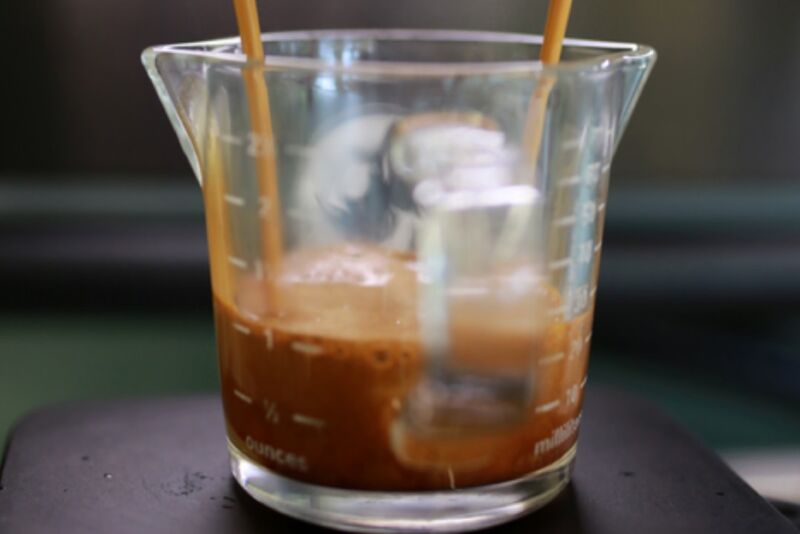The chemistry of fermented coffee

Enlarge / Identifying the compounds that give fermented coffee its unique flavor and aroma could allow more people to enjoy it. (credit: Samo Smrke)
Hardcore coffee aficionados are always on the lookout for the next big twist on one of the world's favorite caffeinated beverage, and these days it's fermented coffee that is turning heads and tickling taste buds with its distinctive fruity notes. Scientists in Switzerland conducted experiments with fermented coffee in hopes of identifying the specific chemical compounds behind the beverage's unusual flavor profile.
"There are now flavors that people are creating that no one would have ever associated with coffee in the past," said Chahan Yeretzian, a scientist at the Coffee Excellence Center at Zurich University of Applied Sciences, who presented the research during a recent American Chemical Society meeting in Indianapolis. "The flavors in fermented coffee, for example, are often more akin to fruit juices."
Most coffee is a little fermented since it happens naturally as wet-processed beans soak, breaking down enzymes and producing sugars. It also makes it easier to remove the husk and pulp. In this case, we're talking about green coffee beans that have already been through that initial processing. The beans are then soaked in water spiked with carefully selected strains of yeasts and bacteria and left to ferment for a couple of days. Often fruit or other flavors are added during this stage or the beans are fermented in barrels previously used to store whiskey, rum, or other liquors. Then the beans are washed and dried, and roasted as usual.